FM: Iran opposes war, ready to help in diplomatic resolution of Ukraine crisis
Iran has reaffirmed its commitment to contribute to the diplomatic resolution of the simmering crisis in Ukraine, which is now into its fifth month.
Iran's Foreign Minister Hossein Amir-Abdollahian in a telephonic conversation with his Ukrainian counterpart Dmytro Kuleba on Thursday pointed to Iran’s principled position of opposing war and stressed ending the crisis through diplomatic means.
“We have said since the outset that while paying attention to the root cause of the crisis, we oppose war and do not consider war to be a suitable solution to resolve issues,” said the top Iranian diplomat.
He emphasized that ties between the Islamic Republic and Ukraine have been based on friendship, respect, mutual benefits and cooperation in the past three decades and expressed readiness to collaborate with Ukraine within the framework of the agreement for the opening of the Black Sea corridor to ship grain products.
Iran’s foreign minister also extended an invitation to his Ukrainian counterpart to visit Tehran.
Kuleba, for his part, expressed his appreciation for Iran’s anti-war stance and emphasized that the Ukrainian government would welcome any political assistance towards ending the crisis.
He also expressed Kiev’s readiness to expand bilateral relations with Iran, including in the fields of agriculture and grains, and described continued talks between the two sides for the expansion of ties as constructive.
Kiev’s top diplomat also discussed the latest developments of the war in his country and thanked Amir-Abdollahian for Tehran’s willingness to contribute towards resolving the conflict and invited him to visit Kiev.
It came as the head of the US-led NATO warned on Thursday that the current conflict in Ukraine could turn into an unrestrained battle between the Western military alliance and Russia.
"We live in a more dangerous world. And we live in a more unpredictable world. And we live in a world where we have actually a hot war going on in Europe, with large-scale military operations we haven't seen in Europe since the Second World War," said NATO's Secretary-General Jens Stoltenberg during a press conference in Madrid following a summit of the bloc’s leaders.
"This can get worse" and turn into "a full-scale war between Russia and NATO," he insisted.
He emphasized that NATO has significantly increased its presence on its eastern flank by deploying more than 40,000 troops there.
Russia launched a military operation in Ukraine in late February, following Kiev’s failure to implement the terms of the Minsk agreements and Moscow’s recognition of the breakaway regions of Donetsk and Luhansk.
At the time, Russian President Vladimir Putin said one of the goals of what he called a “special military operation” was to “de-Nazify” Ukraine.
The military operation has led to heightened tensions between Russia and the West, with the United States and its allies slapping unprecedented sanctions on Moscow and flooding Ukraine with advanced weapons.
Russia has said that the Western supply of weapons to Ukraine and sanctions would prolong the ongoing crisis.
D-8’s role in Iran’s economy after Cairo summit
China slams US as ‘war-addicted’ threat to global security
China ‘firmly opposes’ US military aid to Taiwan
VIDEO | Press TV's News Headlines
President Yoon Suk Yeol to be removed from office
At least 19 Gazans killed by Israeli airstrikes since dawn: Medics
Leader: Iran neither has nor needs proxy forces
US fighter aircraft shot down ‘in friendly fire’ amid aggression on Yemen


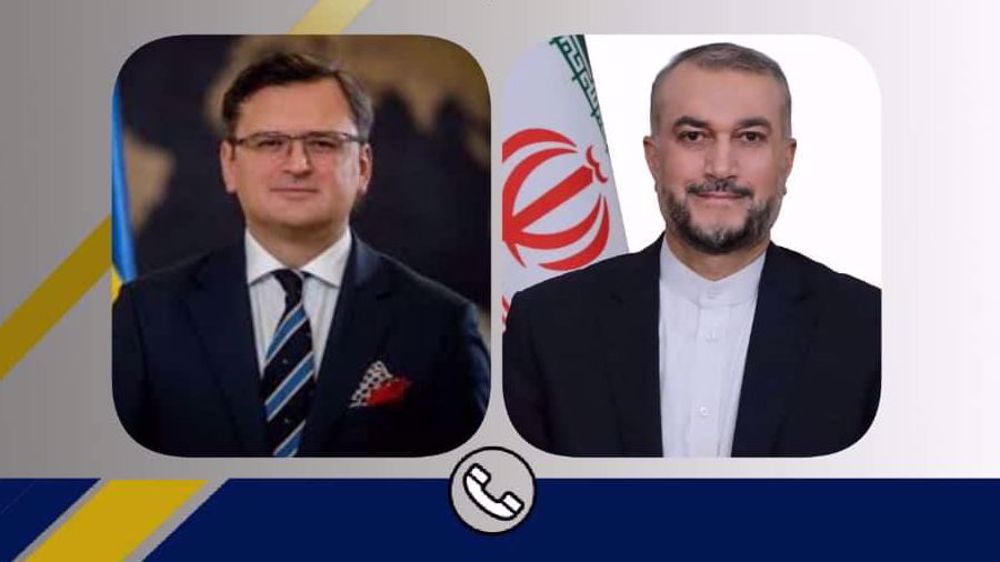
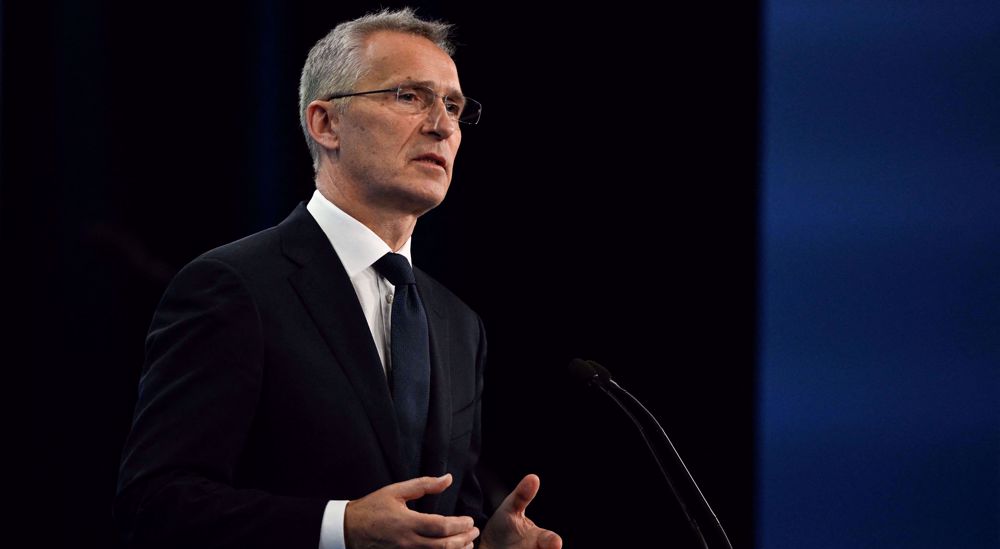






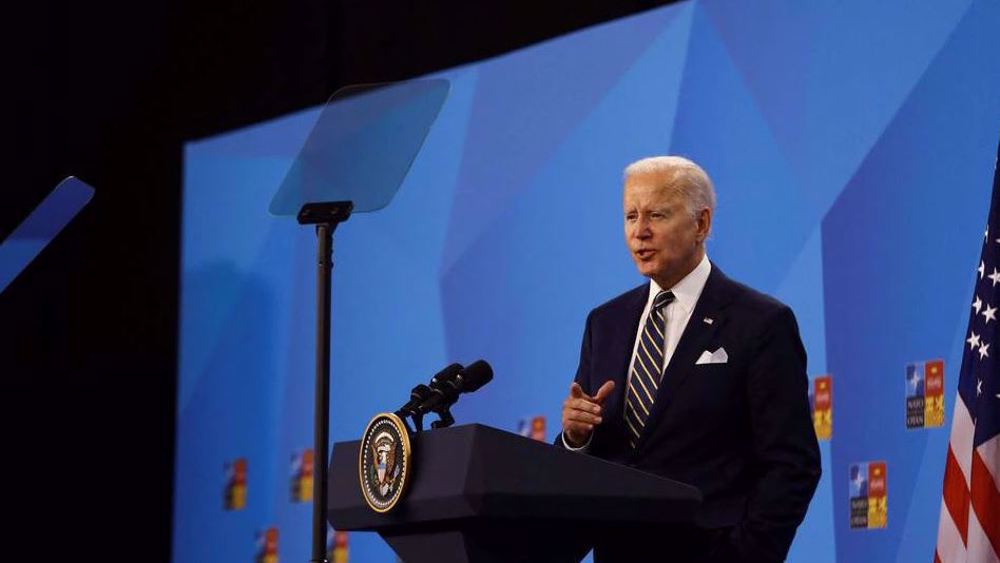
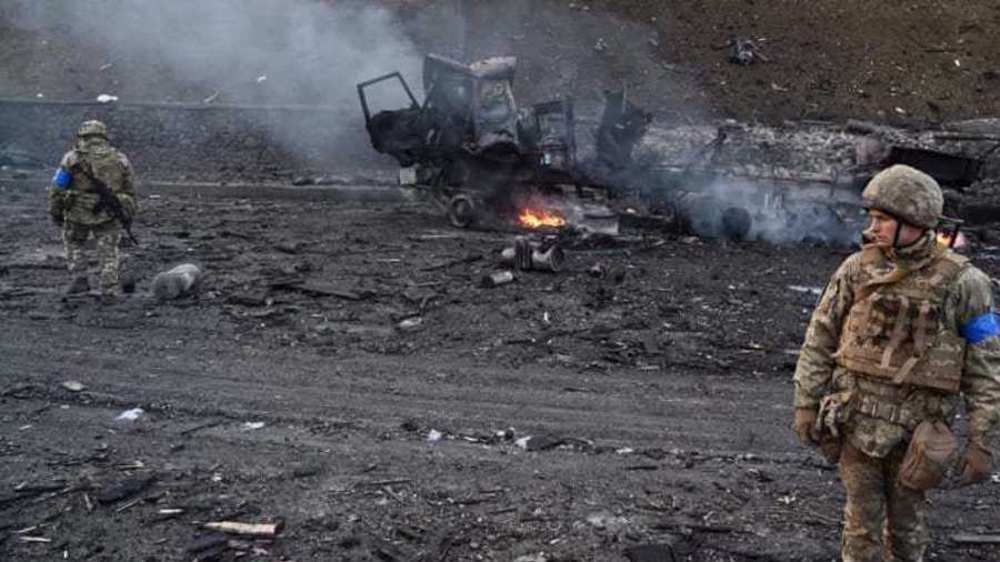
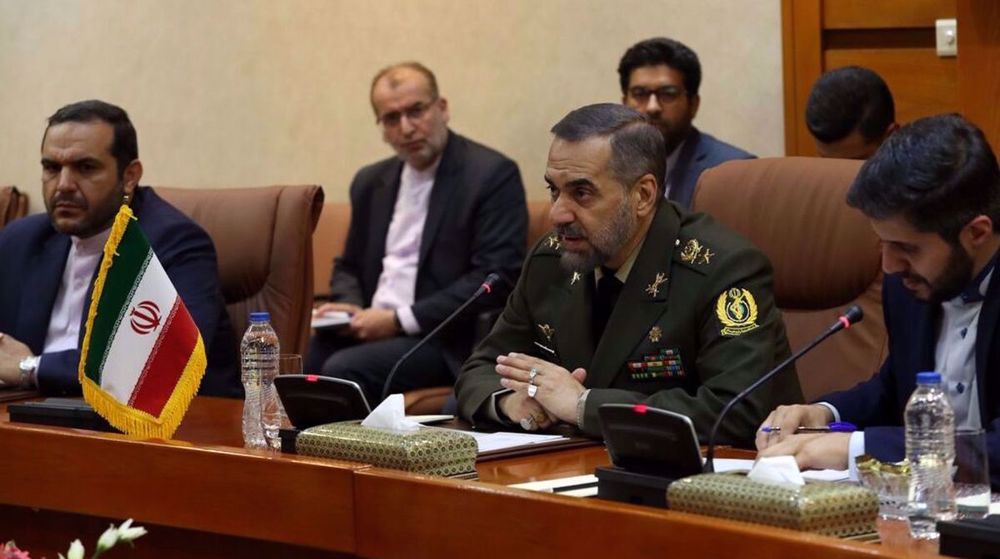

 This makes it easy to access the Press TV website
This makes it easy to access the Press TV website